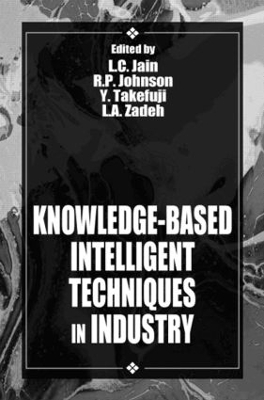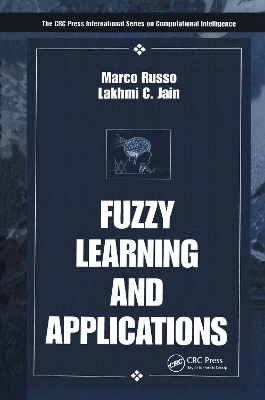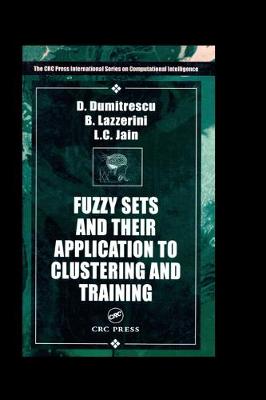International Series on Computational Intelligence
1 primary work • 3 total works
Book 1
Knowledge-Based Intelligent Techniques in Industry
by Prof. Lakhmi C. Jain, R P Johnson, Yoshiyasu Takefuji, and Lofti A. Zadeh
The successful development and deployment of expert system tools spurred the initial momentum in developing and using intelligent techniques in industry. The brittleness of expert systems and the enormous effort involved in the development and maintenance of knowledge bases prompted researchers to seek friendlier approaches. Neural networks, fuzzy logic, and evolutionary computing tools added a new dimension to the quest for more intelligent tools to supplement the capabilities of expert systems. In one volume, Knowledge-Based Intelligent Techniques in Industry comprehensively brings together the more important developments in the use of intelligent techniques in solving industrial problems.
The book's primary readership includes electrical engineers in industry as well as researchers working in computational intelligence research labs - outlining state-of-the-art techniques and cost-effective solutions.
Knowledge-Based Intelligent Techniques in Industry singularly reflects the increasing study of computational intelligence techniques for designing and monitoring complex, less predictable electrical or mechanical systems.
With low computational complexity and relatively short development time, Fuzzy Logic is an indispensable tool for engineering applications. The field is growing at an unprecedented rate, and there is a need for a book that describes essential tools, applications, examples, and perspectives in the field of fuzzy learning. The editors of Fuzzy Learning and Applications fill this need, providing an essential book for researchers, scientists, and engineers alike.
Organized into four parts, this book starts with the simplest learning method and gradually arrives at the most complex. First, it summarizes all the symbols and formulae used in the succeeding chapters and presents a historical overview of fuzzy learning. Next, it deals with current techniques, ranging from deterministic to hybrid methods. It then illustrates the enormous number of possibilities offered by fuzzy learning. Finally, it covers hardware dedicated to fuzzy learning, from digital to analog designs and implementations. With Fuzzy Learning and Applications, readers will discover the enormous possibilities fuzzy learning offers.


